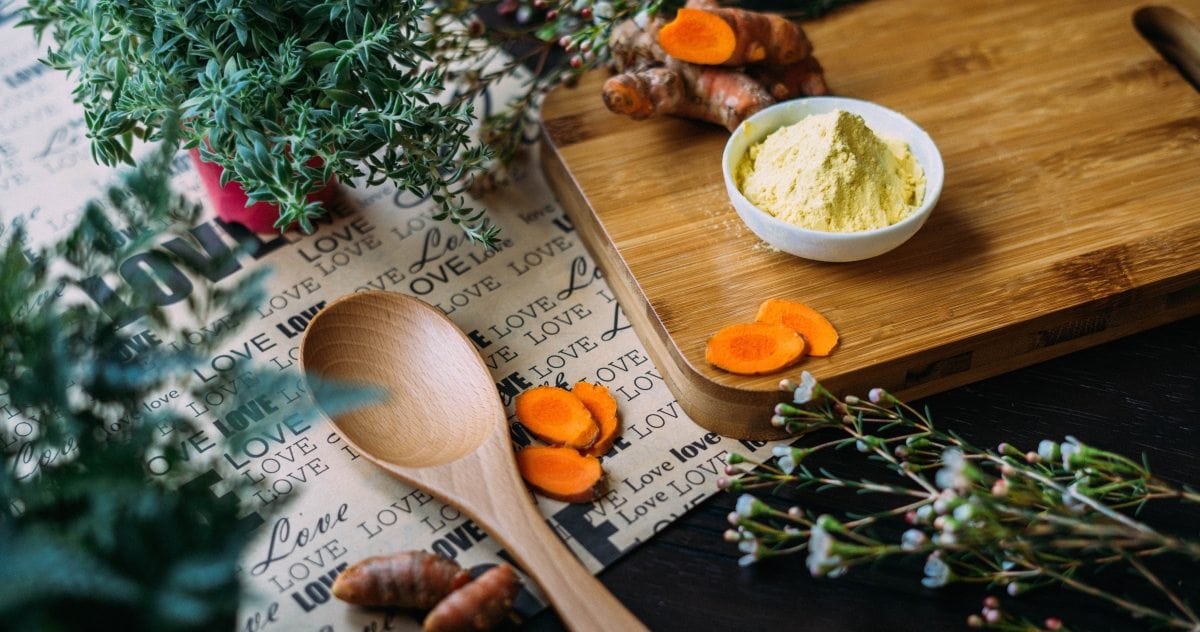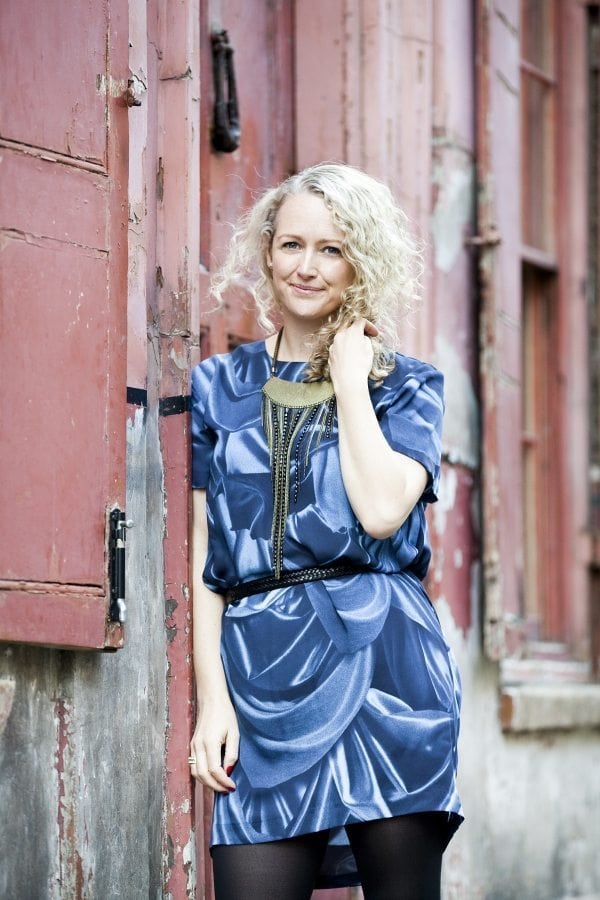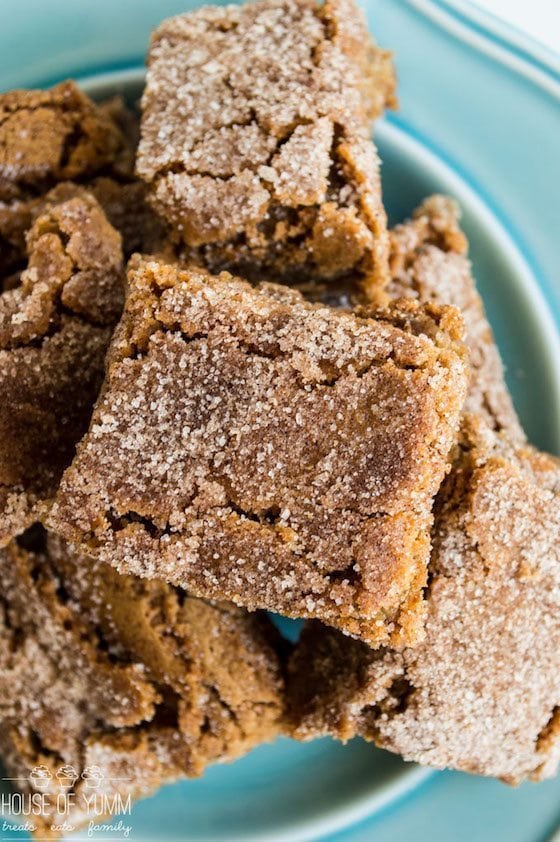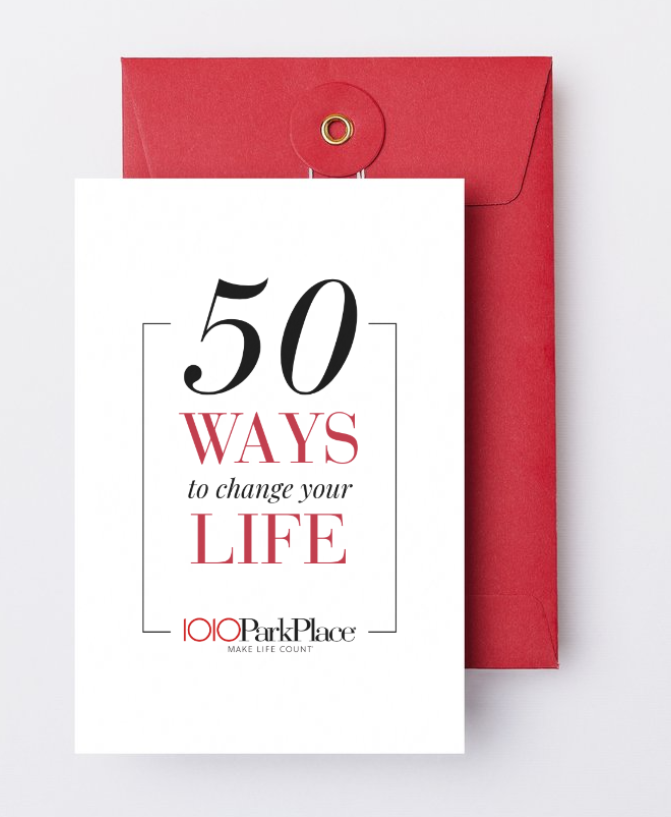I spent last week in Antigua. I wore a swimsuit that was too small for me this time a year ago and marveled at the tremendous change I’ve experienced since I began writing this series. Not just changes to my body, but in the way I eat and think about food.
A diet used to be something I clung to tenuously; I considered it a necessary evil if I were ever going to beat my body into submission. But I no longer diet. Instead, I’m slowly developing intuitive habits that feel more like acts of love. Not that I eat perfectly; I ate a side of fries with my lunch three days in a row on vacation – and enjoyed every single one – but of an evening I’d opt for salad and fish. Not because I thought I “should”, but because I’m finally listening to what my body actually wants.
I can hardly describe how incredible it feels to be completely free of my former “all or nothing” mentality.
Yet I’ve started to notice something: The language we use in reference to eating and food. Look at my descriptions above, “necessary evil” and “beat my body into submission.” And I used to demonize food, referring to it as “good” or “bad” and judging myself to be good or bad, depending on what I ate.
But food has no morality. Whilst we may be able to compare nutritional value, you don’t become a better person by going sugar-free, any more than you’re a “bad” person just because you “struggle” to resist sweets.
Yet I’ve found if I skip a second helping or decline dessert, I’m frequently accused of depriving myself, or made to feel like a dinner party killjoy. Heaven forbid I might not actually be hungry.
A friend transformed herself from a couch potato with a penchant for take-away to a keen runner who now cooks meals from scratch. I vocalized my admiration for her lifestyle choices and subsequent weight loss and was surprised by other women’s remarks, which included words like “deny” and “sacrifice,” as if giving up a lifestyle – which could have lead to premature death – has resulted in a life no longer worth living.
So, on one hand we believe if we could just reach our ideal weight, then life would reveal itself in all its perfect glory. On the other hand, we also believe in order to achieve this Utopia we must be willing to deprive ourselves of the very thing that can so readily delight us… I mean, “Life is short. Eat the cake!”
We live in a society where food is simultaneously feared and worshipped.
Of course, personal issues with food are rarely to do with food itself and go far deeper, but it doesn’t help that we’re allowing the way we talk about it to hold us hostage. We’re telling ourselves that a healthier lifestyle requires super-human levels of willpower and the ability to live a life of deprivation.
Neither is true. I’m not suggesting it’s easy to reach this point, but there is a place in-between where some days you’ll choose to not only have your cake and eat it – you’ll thoroughly enjoy it. But most days, you’ll choose to nourish your body with fruit and vegetables and other good things, and it won’t feel like deprivation at all. It will feel like love.
Words have power. It’s time to change the language we use when it comes to eating and food. If you want to transform your body, first you need to transform your mind.
The Pro-Body Project is published fortnightly. You can read the first entry here or the next entry, “The Weight Of An Unlived Life” here.
SaveSave
SaveSave








3 thoughts on “Is Your Food Language Holding You Hostage?”
I do like what you write here, I really do however for me ( just sayin-me), the 60’s I am in I need to be real with myself. My metabolism has slowed. I have a hard time with this. I believe being a balanced workout enthusiast and my intake is difficult. Portion control and no sweets keeps me in my clothes and feeling better about me. Wish I could do sweets and such, I have no problem saying no-thanks…. this is just what works for me.life is good! I enjoy the blog!
Hi Cindy, thanks so much for your kind words, I’m so pleased you’re enjoying my series! And thanks for leaving such a great comment! I really love reading about other women’s experiences and opinions. I appreciate our bodies need different kinds of care at different stages of life, it sounds like you’ve got handle on things if you have no problem saying no-thanks to sweets and such. It doesn’t sound like you feel like you’re depriving yourself, but know that saying no is what works for you. To be honest, one of my goals is to virtually eliminate sugar from my diet, it’s not my friend at all but I know from past experience that I cannot go from zero to hero in one step, and that with disordered eating habits of the past, I need to change things one at a time, over time. I hope when I reach my 60s, I’ve got your attitude! Esther xx
Dear Essie,
Once again, you’ve dug deeper than I could have done. You continue to give us insights into our relationship with food and our bodies.
Isn’t it “interesting,” “mean,” “deliberate,” how people try and sabotage our relationship with food simply because they can’t master it? It’s not any different than an alcoholic or a drug addict who doesn’t want anyone else to succeed getting off the “stuff,” because then it will underscore that it can be done. “Misery loves company.” I know this is the nature of the addiction, but people are naturally like that, even if they don’t have a problem with food, shopping, drugs, men… whatever it may be. If only we could genuinely celebrate the successes of those around us and use them to inspire us. That’s what this series is doing for people! You’re inspiring us! You’re showing us new ways to think and that it can be done! You’re showing us how to love ourselves. What a gift you’re giving the world, my friend. Such a gift!
Love you to the moon and back!
Brenda
Comments are closed.